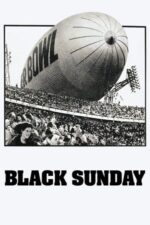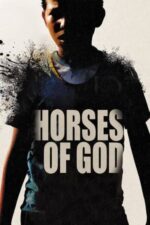The Echoes of Chaos: Cinema’s Exploration of Terrorist Attacks
It's a sobering thought, isn't it? How readily we’ve come to accept depictions of terrorist attacks in film. It wasn’t always this way. For decades, Hollywood largely shied away from directly confronting such events on screen, often opting for more generalized portrayals of conflict. But the world changed, and cinema, as it always does, began to reflect that shift – sometimes with grace, sometimes with a bit too much sensationalism.
What’s fascinating is how filmmakers have approached this incredibly sensitive subject. It's not just about explosions and action sequences (though those are often present!), but about exploring the human cost, the political complexities, and the psychological toll on individuals and societies. Think about Taj Mahal, for example. The film isn’t a sprawling action epic; it’s intensely personal, focusing on one young woman's experience trapped within a horrific event. It’s that intimacy – seeing the terror through Louise’s eyes, hearing her father’s voice crack with worry over the phone – that makes it so impactful. It reminds us that behind every statistic, there are individual stories of fear, resilience, and ultimately, survival.
Then you have films like Karbala, which tackles a specific historical event—the 2004 uprising in Iraq—and highlights the bravery of soldiers often overlooked. It’s a powerful reminder that these events aren't just about headlines; they involve real people making incredibly difficult decisions under immense pressure. Similarly, Major focuses on a single individual, Sandeep Unnikrishnan, and uses his story to explore themes of duty, sacrifice, and the profound impact one person can have. I remember seeing it with my dad – he’s a veteran himself – and we both found ourselves deeply moved by the film's portrayal of quiet heroism.
Even something like G20, while leaning into more conventional thriller territory, attempts to grapple with the fragility of global stability and the immense responsibility borne by those in power. And Take Off offers a vital perspective often missing: the experiences of expatriate workers caught in conflict zones – a reality that’s sadly all too common today.
Ultimately, these films aren't just about entertainment; they are attempts to process trauma, understand complex geopolitical realities, and honor those affected by violence. They force us to confront uncomfortable truths and consider what it means to be human in the face of unimaginable adversity. They may not always offer easy answers, but they do provide a space for reflection – and that, I think, is incredibly valuable.
What films about conflict or crisis have resonated with you lately?







































